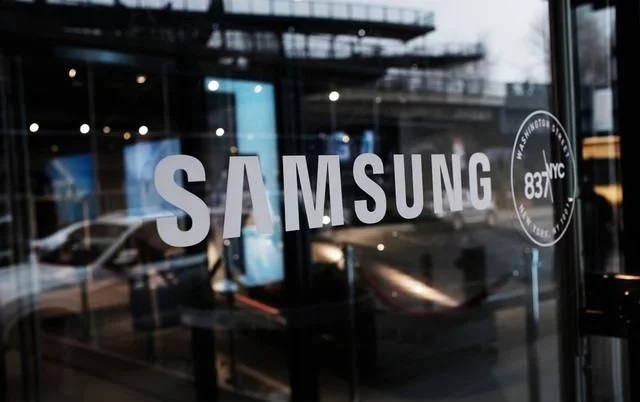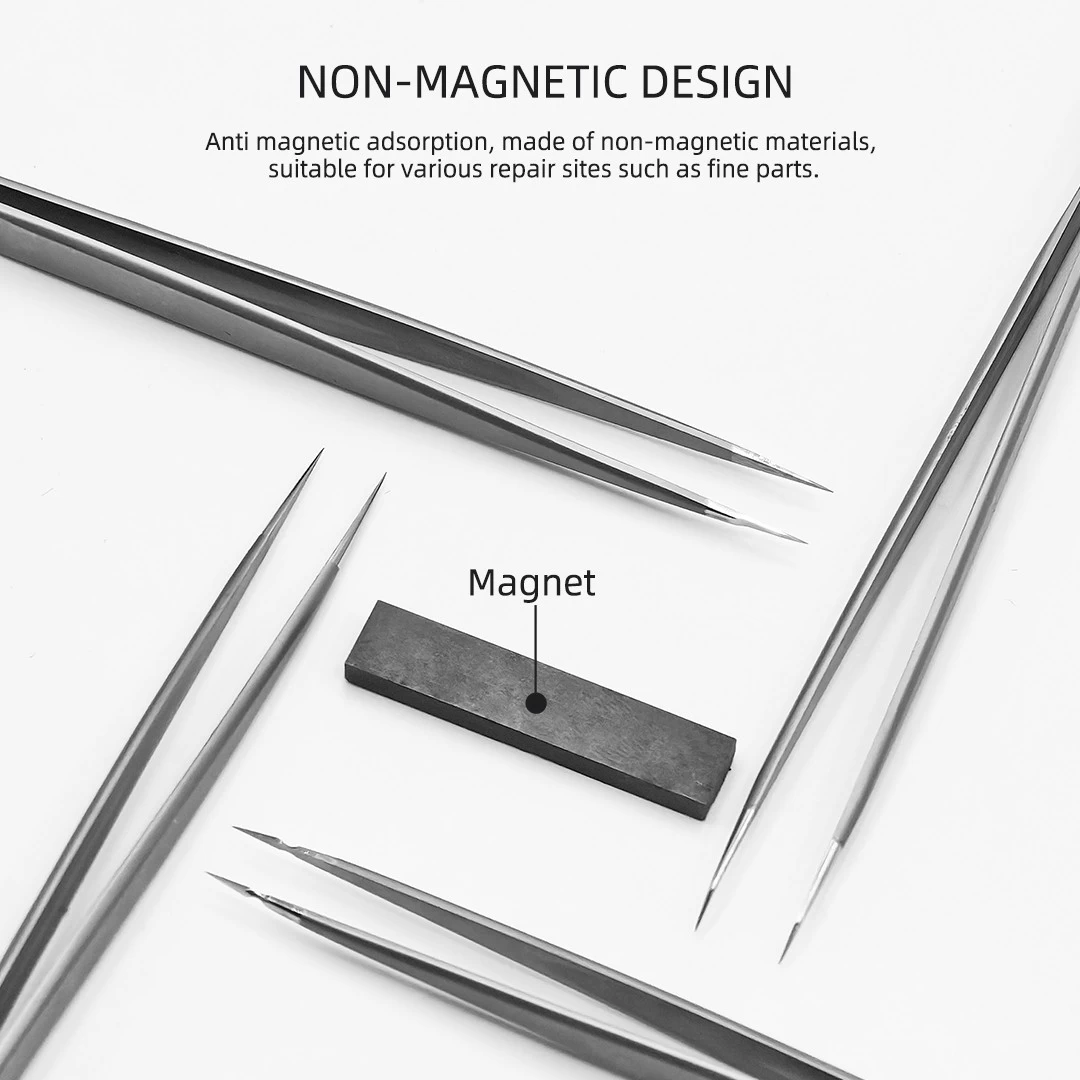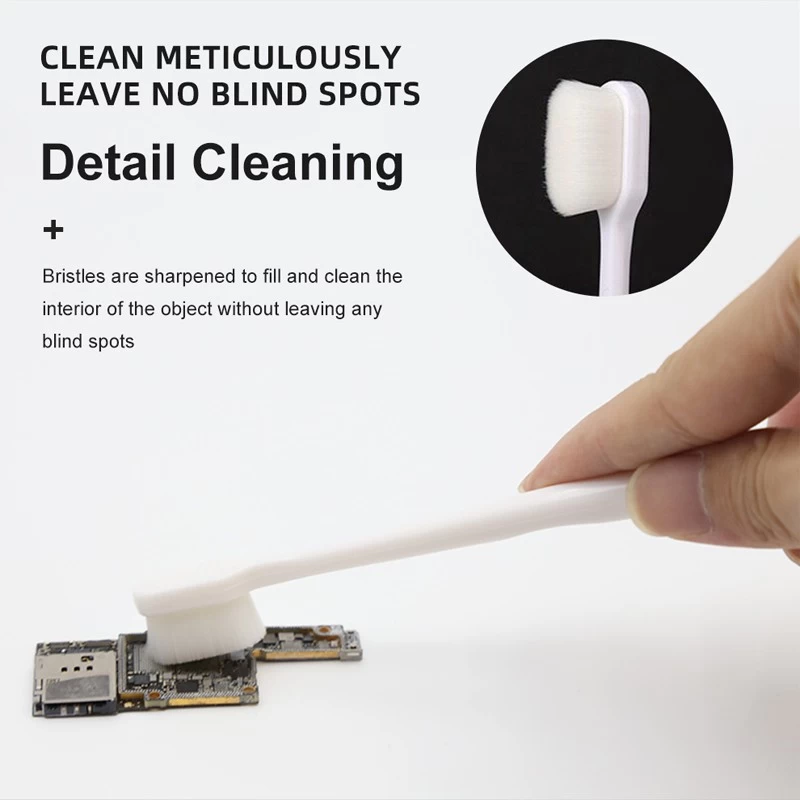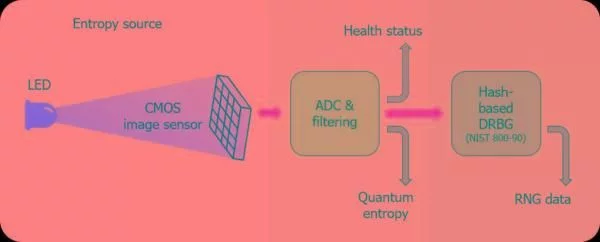
Regarding quantum encrypted phones, Samsung may not be the same as you think
DH
2020-05-06 14:02:08
Picture source @ 视 中国
Article 丨 Brain Polaroid
"Uncertainty, quantum mechanics" is already a common spit on the Internet.
Therefore, when Quantum is linked to the vocabulary of mobile phones, privacy, Samsung, etc., there is a kind of Xueba suddenly started to feel the violation of MLM.
Recently, many media have reported that Samsung will launch the world's first quantum encryption smartphone "GALAXY Quantum" in May.
We all know that quantum computing is a great concept. Whether it is the time and space traversal in film and television works, or the "quantum hegemony" in reality, the difficulty of implementation and the huge cost determine it is very "cold", and it is also relatively far from the public life distant. Even if there is a civilian under the banner of "quantum", it is directly judged as a liar, and there is a high probability that it will not be injured accidentally. Now Samsung wants to distribute quantum mechanics to a mobile phone with one hand?
Did Samsung secretly make up the class with the whole industry behind, or is there something mysterious about the matter itself?
Quantum encryption, maybe Samsung is different from what you think
From the details announced by Samsung, the so-called quantum encryption mobile phone is implemented on the Samsung Galaxy A71 5G mobile phone, equipped with a quantum random number generation chip (QRNG) developed by the local operator SK Telecom.
This is not a new technology. As early as 2017, South Korea's SK Telecom launched this chip, which is a new optical fiber repeater using quantum key distribution (QKD) technology. This chip can encrypt information by measuring the random number obtained by the quantum state of light. Because of its randomness, it basically blocks the possibility of hackers cracking passwords.
However, the working mechanism of QRNG is not based on the principles of quantum mechanics and generates completely unpredictable random sequences based on very high calculation speed. Only in this way can the difficulty of cracking the security of the password system be increased.
The so-called quantum random number generator QRNG is actually a kind of RNG. That is, rely on computer simulation to generate pseudo-random numbers based on algorithms, or extract random numbers from classic physical noise (such as thermal noise, electrical noise, etc.). Then use random number generation to encrypt the data transmitted on the Internet.
The risk of RNG is that since random numbers are generated based on algorithms, once a hacker finds the algorithm used, it is likely to expose user privacy to danger.
Samsung's quantum encryption mobile phone solution is to use the light source shot noise captured by the CMOS image sensor to generate a random sequence, which is plainly the classic RNG idea.
Of course, the QRNG chip can be carried on smartphones, which is not a small improvement. Because as early as 2017, the size of QRNG chips is relatively large compared to smartphones, and the price is also hundreds to thousands of dollars. For example, the ultra-small QRNG chip previously introduced by SKT Quantum Technology Laboratory also has 5 * 5 cm, which is more suitable for military, IoT and other devices.
Therefore, the "quantum" of Samsung's mobile phone is fake, not very accurate, because SK Telecom does have quantum encryption technology; but to say that it is true "quantum", it is obviously far from the public's expectations for quantum computing.
After going down the altar, how far is the quantum phone?
Although Samsung played a very easy-to-break ball, it still aroused the curiosity of many netizens. How far is the quantum phone from the general public?
Needless to say, the power of quantum computing. The “quantum hegemony” announced by Google last year allowed quantum systems to complete the tasks that traditional supercomputers would take 10,000 years to complete in about 200 seconds. This has caused many people to worry about whether the advent of the quantum era will overwhelm all cryptosystems in the current digital network.
However, every dark cloud is set with silver edges, and quantum computing also provides an absolutely secure and confidential communication method for human beings-quantum encrypted communication, to ensure that the password can still be safely stored in the era of quantum computers.
To some extent, quantum encryption (and extended quantum communication) can be said to be the most grounded application of quantum computing itself.
To what extent is approachable? In the recent "new infrastructure" strategic plan, quantum communication engineering is no longer regarded as a god. Because of the quantum encryption communication that uses quantum technology to transfer keys (the information itself is still transmitted through optical fibers), there are already many mature technical solutions, and the industry chain is in an increasingly stateful state, and some places have begun to build networks.
For example, the launch of the "Mozi" scientific experimental satellite enabled China to achieve quantum communication between the satellite and the ground for the first time in the world. The "Beijing-Shanghai Main Line" intercity quantum communication network has also been built, with a total length of more than 2,000 kilometers. As early as 2012, the Hefei Metropolitan Area Quantum Communication Experimental Demonstration Network was formally established. Such a quantum communication network with metropolitan, inter-urban, and ground-space coverage, as a matter of fact, lives in the same world as us inadvertently.
So, what is preventing the "True Quantum Encrypted Communication" from flying into the homes of ordinary people?
One is the chip. Although quantum communication has gone down the altar, the real quantum chip (rather than QRNG) is still the flower of kaolin. Last year, Google and Microsoft hit a "dog head" for this. You sing me on stage, fight each other for "quantum hegemony" and rush to issue higher qubit computing chips.
And this kind of chip integrating a large number of quantum logic units, because of its powerful ability, even broke through the computing power limit of traditional computers. Therefore, on the one hand, the ability is not generalized enough, and often only a few specific operations can be performed, which does not meet people's ever-changing application demands for mobile intelligence. Such quantum chips are naturally far away from personal consumer electronics.
The second is availability. The real logic of real quantum encryption is a quantum random number generator based on a diode laser that randomly emits photons, integrates these waveguides on the chip, and works with electronic devices and detectors at extremely high speeds to convert optical signals into information.
Since the quantum key is the result of measuring the quantum state of light, the state is also random. Even if the attacker intercepts the quantum signal and wants to re-produce a quantum to send to the receiver according to the result, it will change the single quantum state, which inevitably causes a deviation, and naturally cannot be cracked.
But photon emission is difficult to control, and the high and low temperature, and even the vibration of the resonator will affect their movement. The vast majority of quantum emitters must be kept at absolute zero, that is -273 ℃, operating conditions need sound insulation, heat insulation, electromagnetic isolation ...
In 2018, a paper was published in the journal Nature. Researchers at Stevens Institute of Technology and Columbia University invented a technology that can grow perfect crystals to create quantum emitters that can work in an environment of -70 ℃. Array. However, except for the Eskimos, no one may be willing to play mobile phones at -70 degrees Celsius, right?
The third is security. Some people may say that since the realization of the "quantum mobile phone" in the true sense is still far away, it is acceptable to realize the "quantum mobile phone" by simulating quantum computing through the quantum random number generator QRNG. But the result of "retreating second" is that this encryption method is not foolproof.
Like the classic random number, the QRNG chip also has the problem of imperfect devices, which leads to information leakage. For example, a hacker can launch an attack on the transmitter-the light source, or the receiver-the detector. In general, in order to avoid such attacks, scientific and commercial quantum encryption systems will introduce the standard device of optical isolator. But for smartphones, there is obviously no preparation for handling related worries.
From the above point of view, the "quantum mobile phone" is far away from the perspective of the public.
The industry is changing at the time: the real way to open quantum encryption
Although quantum encryption cannot be widely used in mobile phones at present (Samsung's side-wiping ball is not counted), the commercial value in some specific fields has already begun to show. The relatively clear layout and application scenarios are as follows:
1. Cloud office security defense. The "privacy thunder" of the video conferencing software zoom has also made the public pay attention to the information security under the trend of remote office. Especially the users of domestic video conferencing systems are mostly large and medium-sized enterprises, party and government organs, and organizations. The confidentiality and security of the system put forward higher requirements.
At this time, whether cloud computing can be used to provide practical quantum encrypted communication may become the key for cloud service providers to effectively expand their competitive positions.
2. Data security in the smart industry. The importance of data security in the financial, medical, and military fields also makes traditional encryption technologies seem overwhelmed. At the same time, these institutions are also more willing to invest heavily in encryption technology. For example, Toshiba announced in September of this year that it would apply its encryption technology to US financial and medical institutions. In Hefei, China's new generation of government cloud system, an independent quantum communication transmission channel will also be built, and quantum encryption technology will be used for the transmission of important business systems. It is conceivable that in the near future, quantum encryption, along with the gradual improvement of communication networks, will also become the basis for escorting public information.
3. Security long board of massive IoT. The arrival of 5G has also caused the proliferation of ubiquitous IoT devices. Business Insider Intelligence predicts: "By 2023, consumers, companies and governments will install 40 billion IoT devices worldwide.
At the same time, traditional encryption methods are difficult to support the information security needs of smart terminal devices. Therefore, using quantum encryption to help protect communications in the IoT may be a solution to the rapidly growing IoT connection.
It is conceivable that the absolute reconstruction of existing business scenarios by quantum encryption is not less valuable than cloud computing. And the way it first touched the life of the masses must not be a mobile phone.












